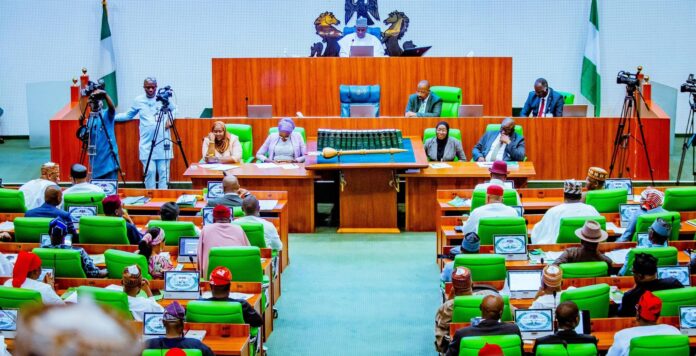The House of Representatives has decided to step in and help resolve the ongoing warning strike by the Academic Staff Union of Universities (ASUU).
The decision followed a motion of urgent national importance raised by Sesi Whingham (APC, Lagos) during Tuesday’s plenary session.
Whingham expressed concern that the current strike, although termed a “warning strike” by ASUU, could escalate into another long nationwide shutdown, similar to past ones that disrupted academic activities for months.
He explained that the dispute stems from the federal government’s failure to fulfill key promises made to the union.
These include revitalising public universities, paying earned academic allowances, reviewing lecturers’ salaries, and ensuring university autonomy issues that have been part of the 2009 ASUU-FG agreement and later renegotiations.
Whingham noted that the federal government’s partial and delayed implementation of these agreements has repeatedly caused tension in the education sector.
He warned that frequent strikes in universities lead to high student dropout rates, worsening brain drain, and a decline in public confidence in Nigeria’s education system.
He reminded the House that the Constitution recognises education as vital to national development and urges both the government and academic unions to maintain peace and quality in the sector.
The motion was adopted without debate. The House then directed its leadership, led by Speaker Abbas Tajudeen, to immediately engage ASUU and the federal government to find a lasting solution to the crisis.
Deputy Speaker Benjamin Kalu, who presided over the session, referred the matter to an ad-hoc committee on ASUU issues, chaired by Speaker Tajudeen. The committee is expected to meet with both sides and report back with recommendations.
The House also appealed to ASUU and the government to show restraint, engage in meaningful dialogue, and put the interests of students and national development first.
Meanwhile, universities across the country have fully complied with ASUU’s two-week strike directive, resulting in a total suspension of academic and administrative activities.
In response, the federal government has ordered vice-chancellors of all federal universities to enforce the “no work, no pay” policy, warning that striking lecturers will not receive salaries during the strike.
ASUU declared the two-week warning strike on Sunday, protesting the government’s failure to release revitalisation funds, pay earned allowances, and review the lecturers’ salary structure. The union has warned that it may embark on a full-scale strike if the issues remain unresolved.



